Professional iron recommendation needed
I’m starting a dressmaking business, but will do whatever projects I can get my hands on for income, including alterations, home dec, production work. My current iron is old and far less than reliable. Does anyone have experience with a professional iron? I”m thinking at least a gravity feed system would give me good steam control and efficiency. Any recommendations? Thanks much!!


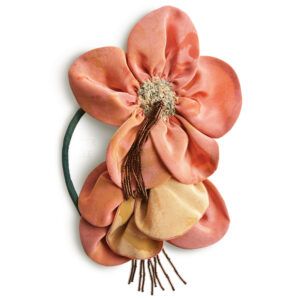

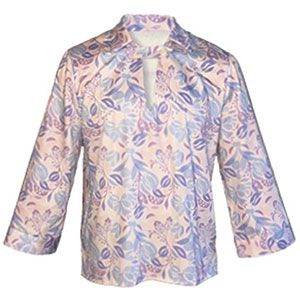
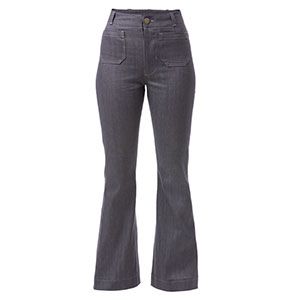
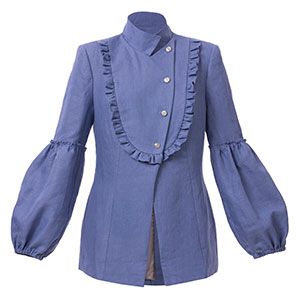
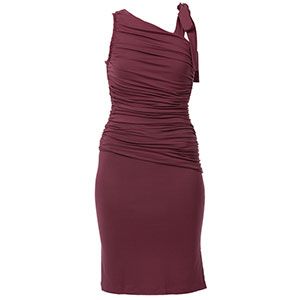
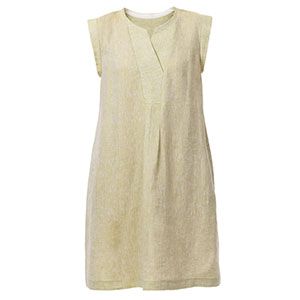
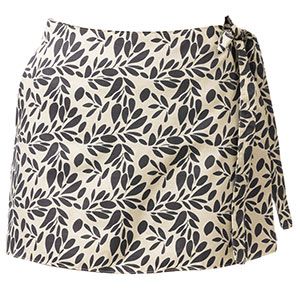


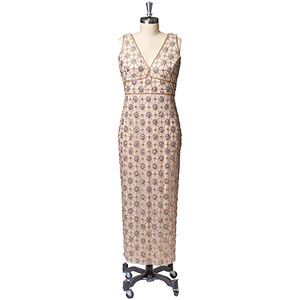
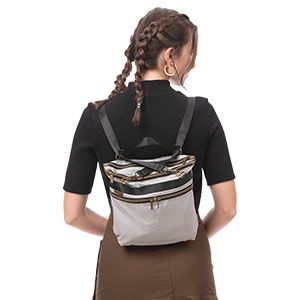

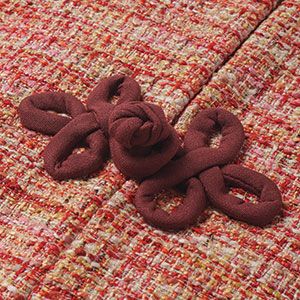








Replies
I've had a home based dressmaking business for 20 yrs and during those first years burned out a lot of irons, including a Rowenta. They're just not designed to be on for 10 hrs a day! I've been using a Sussman pressmaster gravity feed for appx 8 years with no problems ever. I think i got mine from Atlanta Thread and Supply, a mail order company I rely on for many notions just not available in the middle of KS.
Threads No. 105 has a review of pressing systems, with descriptions of the various technologies, etc., and source information (although by now specific models probably have changed). One thing to note when researching your pressing system is the particulars of the warranty. From what I understand, some warranties are invalidated if the equipment is used in a dressmaking business. Also, some of these items draw a lot of power, and you'd want to make sure that you plug your iron in where it's not going to cause a fuse to blow or whatever. That's pretty inconvenient!
Carol
You especially want to be careful that the iron or press is on a circuit that can handle it (household wall outlets are usually on a 15 or 20Amp circuit). If you've got electronics on the same circuit, the voltage sag (brownout) when you're suddenly using a lot of juice to heat an iron can be tough on the electronic whatsits, including your sewing machine or computer or vcr or tv. If you notice a light get dim for a second when the iron/press starts heating up, you're pretty much at the limit of what that circuit can handle reasonably. Time to look for another circuit for something, or talk to an electrician about a dedicated circuit.
Most of the presses and irons I've seen draw about 13-15 Amps. Because I sew during the day, in a house with a lot of electronics,
I run the iron from a 20 Amp circuit that serves only the bathroom,
so I don't get fricasse of circuit board.
If the tag doesn't give an Amperage rating, you can figure it out:
Amps = Watts/Volts US household outlets give 110 V, so a 1500
Watt iron needs 1500 Watts/110 Volts = 13.6 Amp capacity circuit...
or almost a whole 15 Amp circuit to itself. There's a little bit
of wiggle room before the circuit breaker or fuse blows, but not ####tremendous amount -- and you can't just put in a heavier fuse or ####heavier circuit breaker to handle the load without risking a house
fire.
Kay
Thanks for the details on that, Kay. I'm definitely not an electrician, and while I know enough to worry, I don't know enough to determine if there's really a problem. There's not much point in starting a home dressmaking business and buying a new pressing system if you're then going to burn down the house!
Carol
Thank heavens, fuse boxes and circuit breakers will keep you from
burning down the house (as long as someone who doesn't understand
things hasn't done some field modifications like putting a breaker
or fuse in that's too big for the wiring!)*
What's more likely to happen is that a circuit that has enough power
for an iron in a sewing room, may also be supporting a sewing machine,
perhaps a computerized one, perhaps a computer, a vcr, a tv set...
and the electronics components may be getting voltage sags when the
iron kicks on. Over time, the voltage sags can cause damage to
the circuit boards in the other (usually more expensive) equipment,
which is why I caution to check the rating of the circuit and watch
for lights dimming when your iron comes on. Low voltages can also
cause all sorts of squirrelly intermittent problems in other electronics that can just plain drive you nuts when things start
resetting themselves.
*The previous house we moved into had an outlet that worked sometimes
and not others. Turned off the power and pulled the outlet out of
the wall to replace it... it had never had the screws on the side
properly tightened over the house wiring, so it was arcing (sparking)... you could see the old, smallish, burn marks. House fire
waiting to start (yup, spent the afternoon checking the rest of the
outlets). In our new house, the previous owners had added some circuits, but had run out of circuit breakers, so they just added
the new wire to an old breaker (called "double tapping"), which is
bad enough... but they used different sizes of wire on old and new
circuit. If there had been an overload, the smaller wire could have
melted, possibly starting a fire. Replaced the circuit breaker box
with one with enough room for all the circuits. Oh yes, two of the
wires in the breaker box were a little loose, too. Gulp.
Kay
I believe we had a Q/A at one point not too long ago with recommedations for a device that protects electronics (in this case, a computerized embroidery machine) against brown-outs. But it never occurred to me that small power sags, even ones I might not notice, could cause some of my stuff to reset itself. Yeah, that's right--that's why I can't operate the DVD/VCR/TV. I knew it wasn't just me!
My husband comes from a long line of electricians, but fortunately he has the sense to know that expertise in that area is not necessarily genetically determined. Although he'll replace thermostats and the like, he leaves the heavy-duty wiring to professionals.
Carol
I use a relatively cheap iron with a purchased iron shoe. It has to have a good shot of steam and it has to have an automatic off. Why do I use cheap ones? Because I've watched too many of my irons hit the floor!
This post is archived.